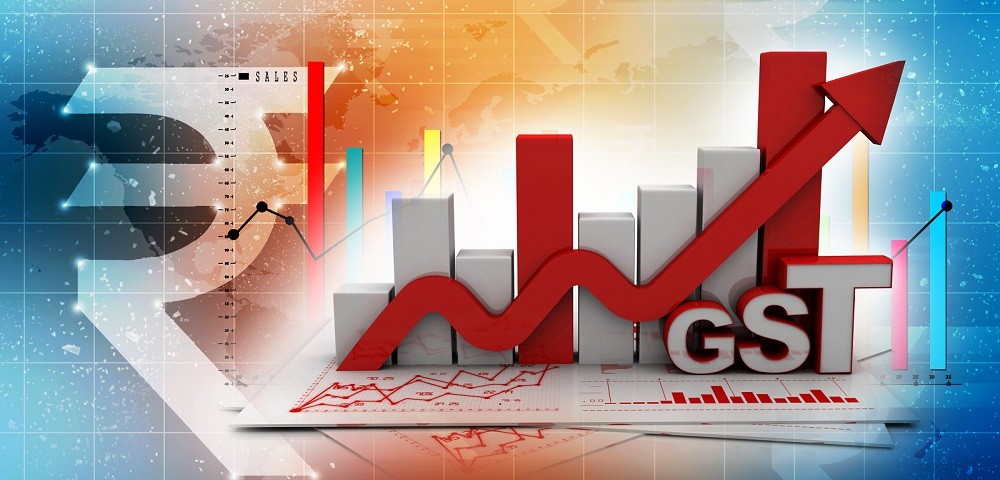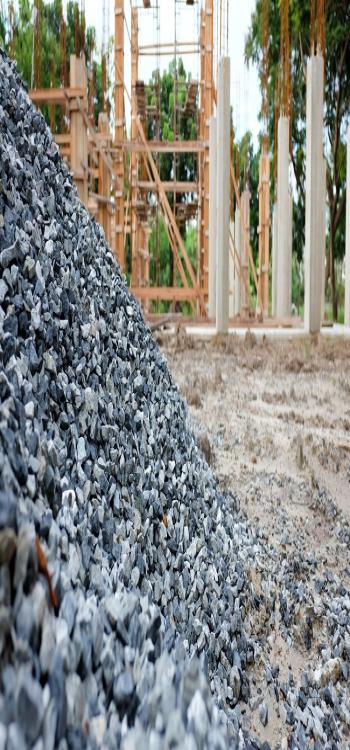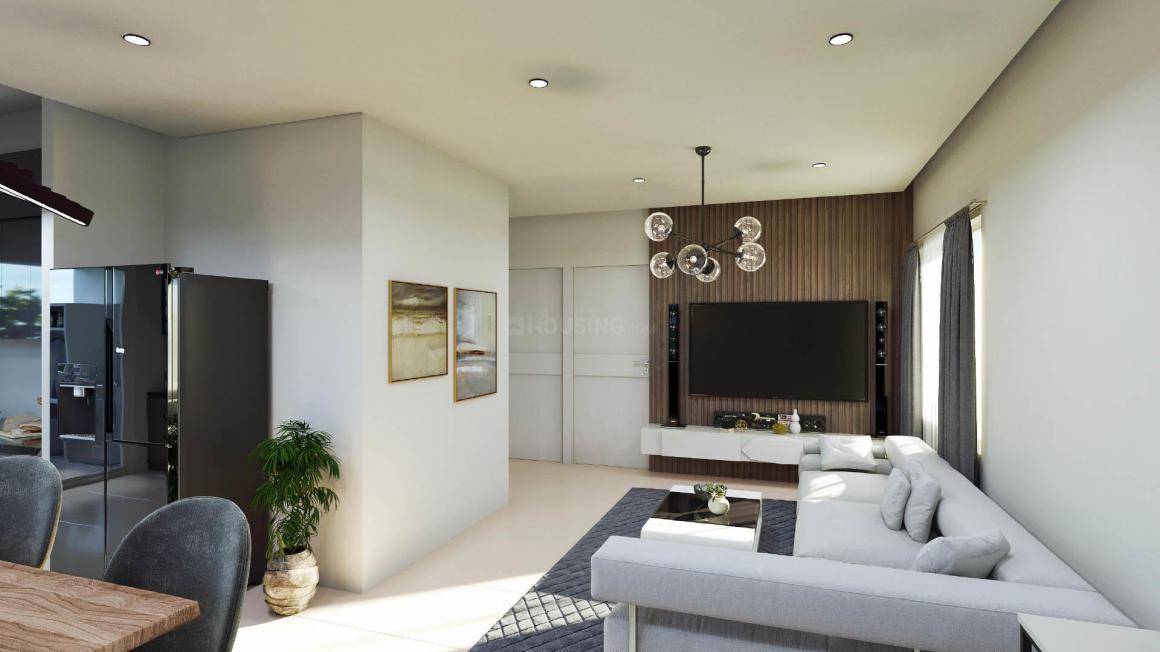As of the 1st of April 2019, there are new rules for GST on residential property. The rules of GST on Real Estate have reduced the amount of tax that was earlier charged and are overall in favour of homebuyers, especially those looking to buy affordable housing.

Things we covered for you
What are the new GST rates on Property or GST on Real Estate?
They have separated GST for houses into 2 categories – premium or non-affordable housing projects and affordable housing projects.
For premium projects, the GST has been slashed from 12% to 5% with ITC and for the affordable sectors prices have been slashed from 12% to 1% without ITC. ITC or Input Tax Credit is when you reduce the tax on your output by deducting the tax that you have paid on all your inputs (raw materials), you will only have to pay the balance amount.
What’s the difference between premium/non-affordable housing projects and affordable housing projects?
Affordable housing is any flat costing up to Rs 45 lakhs and measuring 60 sq meters (645.835 sq ft.) carpet area in metro cities, i.e. Delhi-NCR, Bengaluru, Chennai, Hyderabad, Mumbai-MMR and Kolkata. For non-metro cities the limit is slightly higher at 90 sq metres (968.752 sq ft.) carpet area.

This means that an affordable house in metros can be at least a 2 bedroom now and in the non-metros a 3 bedroom. This will help a family to live more comfortably.
Premium projects are those that exceed the carpet area limit and are above Rs.45 in both metros and non-metro cities.
Why was GST on Property move made?
The idea behind slashing the GST on Property from 12% was to encourage the neo-middle class to buy houses. This was also done so that the Housing for All Mission could grow to its full potential.
What it means for home builders i.e. GST for Builders
Now, if you’re a builder and you’re wondering what to do, don’t worry, you have the gift of choice. If the property is already under construction, then you can choose between the old or new tax rates.
This choice is given to those builders whose projects are not completed by the 31st of March 2019. They can make this choice to avoid confusion with the input tax credit (ITC) issues.
Read: M3M Heights: Explore Amenities and Features
This also means that as a builder you will have to buy a large percentage of raw materials (80%) from GST registered suppliers.

Possible Issues
For builders, buying a large portion i.e. 80% of raw materials from GST registered suppliers might not be possible. India has a very large and unorganized sector that contributes materials to the real estate sector. Getting them to register under GST and getting them to do this quickly seems almost impossible. This is most true for the tire 2 and tire 3 cities where raw materials come from very small contributors.
Impact on Developers / Builders / Contractors:
Previously, developers had to pay Excise duty, VAT, Customs duty, Entry taxes, and other taxes on raw materials/inputs, as well as Service tax on various input services such as permission costs, architect professional fees and labour charges, legal charges, and so on. ITC was not accessible for duties such as CST, Customs tax, Entry Tax, and so on. This would have an effect on pricing, and the burden would then be shifted to the customer.
Developers’ building expenses are greatly lowered under GST due to the subsumption of several taxes and the availability of input tax credit. Additionally, the cost of logistics will be reduced. As a result, developers’ profit margins may improve.
On the flip side, developers must perform various calculations to arrive at ITC, which they must then pass on to buyers. As a result, in most circumstances, they can only pass on the ITC during the final phases. This lack of information on ITC may have an impact on developers because purchasers may take a “wait and see” strategy and postpone purchasing decisions.
Read: How to Check Your PMAY Subsidy Status Using Different Methods?
Furthermore, under the previous laws, a considerable chunk of expenditure went unreported in the books. Under GST, the availability of input credit and cloud storage of invoices has been reduced under expenditure recording.
Types of central and state taxes that GST subsumed
Central:
- Special Additional Duty of Customs
- Service Tax
- Central Sales Tax
- Excise Duty
- Customs Duty
- Central surcharge and cess on supply of goods and services
State:
- Entertainment Tax
- State Value Added Tax
- Taxes on lotteries, gambling and betting
- Luxury Tax
- Purchase tax
- State Excise Duty
- State surcharge and cess on supply of goods and services
- Taxes on advertisement
Hope you understood how GST affects affordable housing in the country. Have some queries or doubts? Consult NoBroker’s legal experts. If you are looking for affordable housing or even premium housing, you can find it on NoBroker by clicking below. Choose from ready to move-in options, under construction and even resale.
FAQ’s
The goods and services tax (GST) is a duty on products and services sold in the United Kingdom for personal use. The fee is included in the final price and therefore is paid by consumers at the moment of sale, with the vendor passing it on to the government. The GST is a global tax that is implemented by a majority of other countries too.
Read: List The Top 10 Best Land Valuation Apps: A Guide For Investors
The GST rate for under-construction properties or fully prepared flats is presently 12% with full Input Tax Credit (ITC).
When you lease out a residential property for personal use, you are exempt from GST. Any other sort of leasing or renting out of immovable property for commercial purposes would be subject to 18% GST because it would be considered a provision of service.
Types of GST and its Explanation
1. Central Goods and Services Tax (CGST)
2. Union Territory Goods and Services Tax (UTGST)
3. Integrated Goods and Services Tax (IGST)
4. State Goods and Services Tax (SGST)
Realty developers have requested the central government to enable Input Tax Credit (ITC) for real estate construction under the Goods and Services Tax hybrid scheme (GST).










